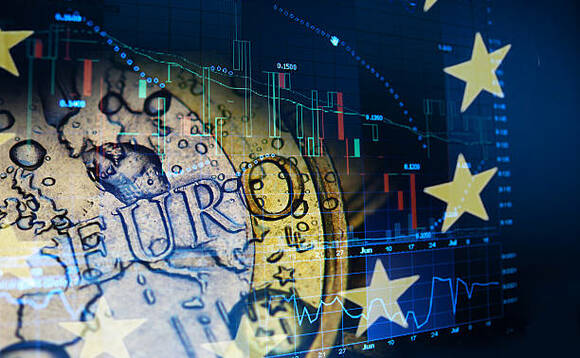European markets have now been in the green for several weeks after the fallout provoked by the collapse of California-based Silicon Valley Bank (SVB) and the subsequent crisis at Credit Suisse, which resulted in its acquisition by UBS.
Alberto Matellán, chief economist at MAPFRE Inversión, believes that this optimism might continue, supported also by the latest macroeconomic data, which "are not bad". "The publication of these data has greatly reassured the market," he maintained. However, this turbulence has left some wounds, such as liquidity levels in the real economy, which may shrink sharply on the back of the credit crunch.
Inflation is easing, although "not as much as central banks would like." "That means they have to keep fighting," he said, adding that investors who were predicting interest rate cuts this year need to relax their expectations, while Matellán's own forecast is for at least one more hike.
Daniel Sancho, head of investments at MAPFRE Gestión Patrimonial, warned about the danger of formulating "simple" relationships between an event and its effect on the markets, because sometimes the real consequences are "not very intuitive."
"We have to take a step back and look at the long term," he said, and insists that in this case, it is necessary to proceed "game by game."
The corporate results season, which kicked off in Spain this past week, could be a good one. According to MAPFRE Inversión's chief economist, there are two reasons for optimism: the latest macroeconomic data are positive and the markets have already forgotten about the banking turbulence.
On the down side, Matellán warned that rate hikes should start to have an impact soon, and there is also the question of how companies will deal with inflation after so many months of rising prices.
The economic situation in the UK is worse than on the Old Continent for several reasons, among which Matellán highlights the sharp rise in wages and Brexit. "Wages are rising very strongly in the UK and that means there are second-round effects. In Europe, we are not at that point. Also, you have to distinguish between generalized inflation across all sectors and that stemming from second-round effects," he commented.
Added to this, the country's economy is more asymmetric and has a different profile now compared to when it was part of the European Union (EU).
On China, Matellán pointed out that growth can accelerate further, thanks to domestic factors, although there are still others weighing the country down, such as investment. "If investment doesn't recover, growth won't be sustainable in the long term," he insisted.





